CORE HOME LOANS NMLS# 271603 -
A DIVISION OF ALAMEDA MORTGAGE CORP
Pre-Qualification
House Shopping
The process of searching for the right home that meets your needs, within the range you are prequalified for.
Mortgage Loan Application
The application is the next step of the loan process. With the assistance of your loan officer, the borrower completes the application and provides all Requested Documentation.
A loan application is triggered for loan disclosures when you provide the following information:
1) Your name
2) Your income
3) Your Social Security Number, and authorization for a credit check
4) The address of the home your plan to purchase or refinance
5) Estimated value of said home
6) The loan amount you want to borrow
Loan Processing
Underwriting
Closing
Once the loan is approved, the file is transferred to the closing and funding department for the preparation of final loan documents. The closing attorney then schedules a time for the borrower to sign the loan documentation.
• Bring a cashier's check for your down payment and closing costs if required. Personal checks are normally not accepted and if they are they will delay the closing until the check clears your bank. An electronic wire may also be sent from your bank institution.
• Review the final loan documents. Make sure that the interest rate and loan terms are what you agreed upon. Also, verify that the names and address on the loan documents are accurate.
• Sign the loan documents.
After the documents are signed, the closing attorney returns the documents to the lender who examines them and, if everything is in order, arranges for the funding of the loan. Once the loan has funded, the closing attorney arranges for the mortgage note and deed of trust to be recorded at the county recorder's office. Once the mortgage has been recorded, the closing attorney then prints the final settlement costs on the Final Master Closing Statement. Final disbursements are then made.
Conventional
Traditional programs that usually financing as low at 3% down with 620 credit score -offers competitive interest rates.
Jumbo Loans
For home loan amounts higher than $806,500. Jumbo loans feature similar loan programs to fixed rate and adjustable rate programs. There are even FHA jumbo loans. The main difference between jumbo loans and conforming loans is the interest rate. Because jumbo loans are riskier for lenders they usually have higher rates.
FHA Mortgage Loans
Issued by the U.S. Dept. of Housing & Urban Development, this mortgage loan offers the borrower the ability to put as little as 3.5% down along with more flexible credit, income and asset requirements. Loan Amounts vary by County.
VA Mortgage Loans
Refinance Mortgage Loans
Adjustable Rate Mortgages
Adjustable rate mortgages are loans where the interest rate and the payments can vary. While the interest rate and payment on an ARM loan is generally lower than fixed rate loans for a limited period of time, they can adjust higher for the remaining term of the loan.
USDA Loans
A USDA Loan is a mortgage loan that is insured by the US Department of Agriculture and available to qualified individuals who are purchasing or refinancing their home loan in a rural area.
Non-QM Loans
Bank statement program, DCSR, ITIN, No Ratio, Foreign National and more.
Down Payment Assistance Programs
There are a variety of different programs available just reach out to me to find out which program is write for you and if you qualify.








